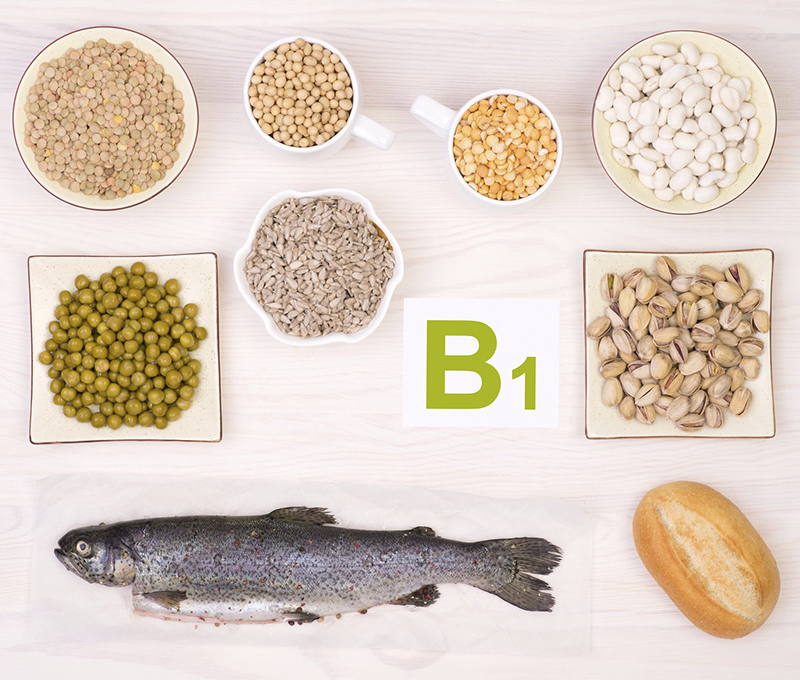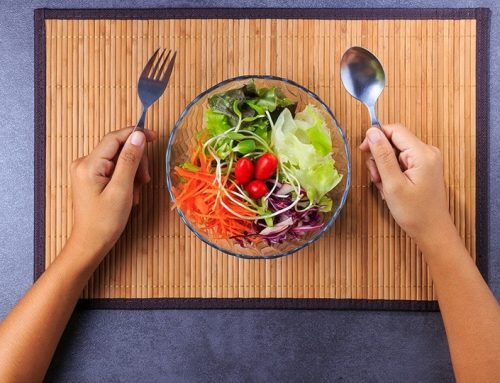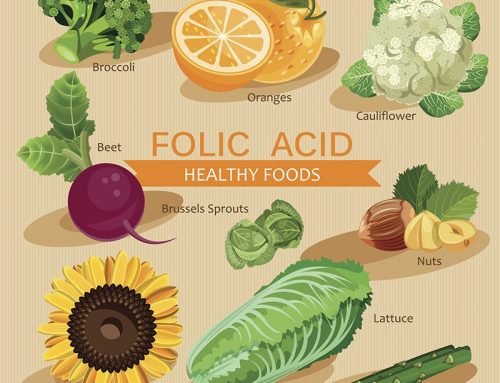Vitamin B1 (also known as thiamine) is one of the eight B vitamins sometimes collectively known as B-complex. All B vitamins help you turn your food into energy, but they each have specific (if overlapping) functions.
Many people may remember beriberi from high school biology textbooks. Beriberi is a nutritional deficiency disease caused by inadequate intake of vitamin B1. (The word ‘beriberi’ is Singhalese, and means, literally “I can’t I can’t”, a reflection of the absolutely debilitating effect on every aspect of human functioning the disease produces.)
Though we don’t see much beriberi these days—certainly not in the US—that doesn’t mean everyone’s getting optimal amounts of B1. Like all eight B vitamins, thiamine is water soluble, so it doesn’t stay in the body very long after ingesting. That means it’s important to get a continual supply of it from your diet. And many life situations increase your need for this important vitamin—for example pregnancy, lactation, high carb diets, exercise, or even drinking alcohol.
Cooking, baking, pasteurization—any kind of heating destroys a substantial amount of the B1 in foods. Though junk foods often are made with “fortified” flours, the amount of thiamine they fortify with doesn’t amount to anything worth mentioning. What’s more, since it’s usually flours that are fortified, the heat from the baking knocks out most of the small amount of B1 they used to fortify the flour in the first place. “Fortified” foods are rarely your best choice for any vitamin. The only reason the need to be fortified in the first place is because without fortification they’d be nutritionally empty foods—and usually high glycemic to boot!
Low thiamine status has been found in patients with heart failure and diabetes, and there’s some suggestion from animal studies that thiamine deficiency might play a role in Alzeimer’s. And thiamine helps the body manufacturer hydrochloric acid, which is absolutely critical to digestion and to the absorption of nutrients.














Leave A Comment